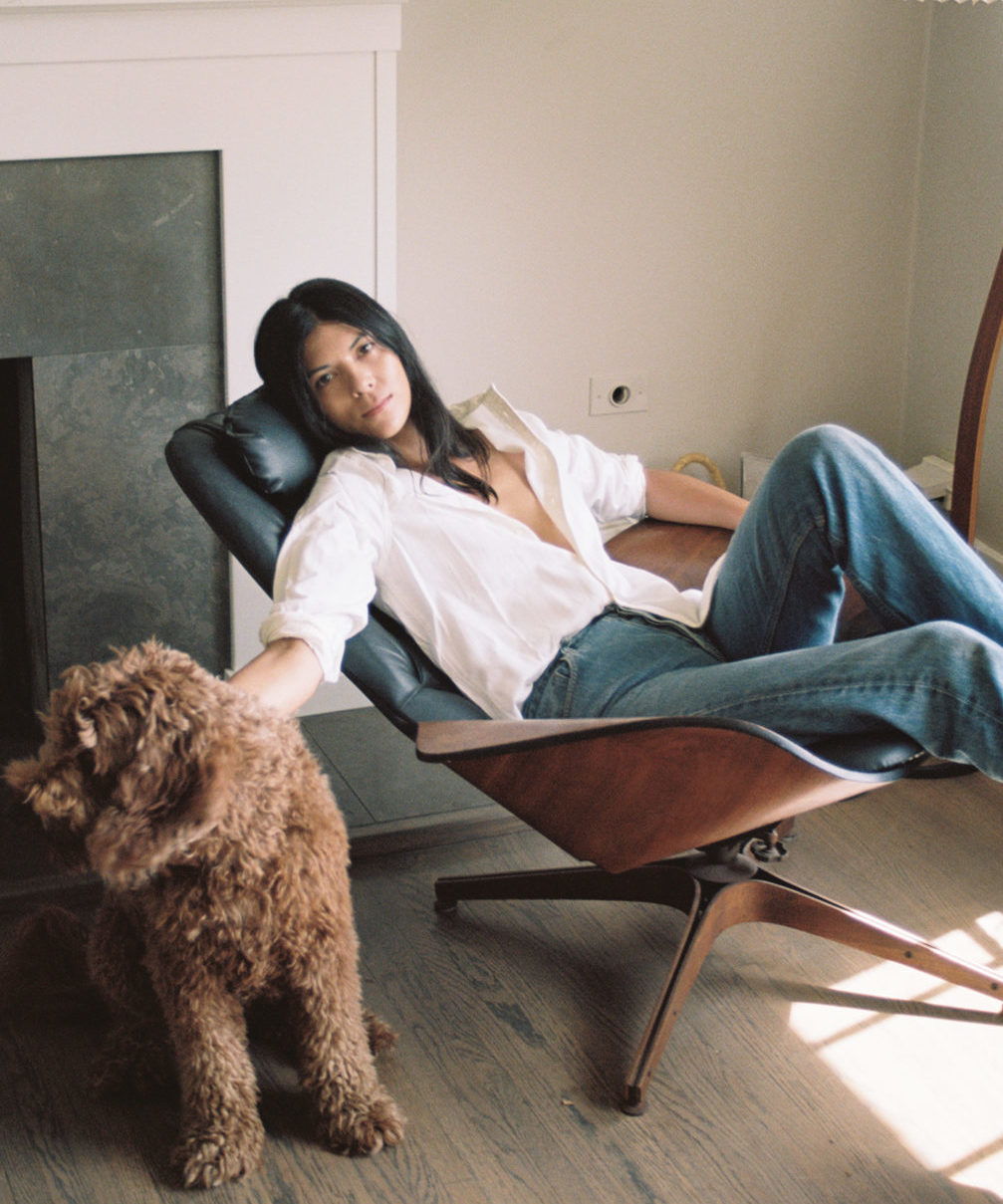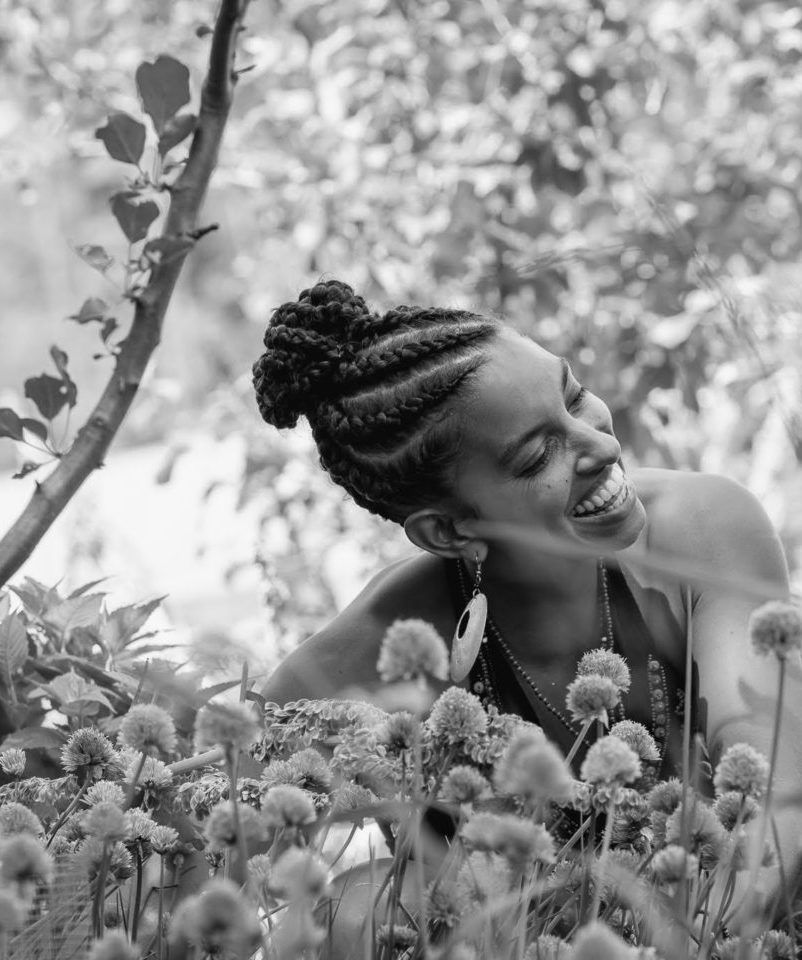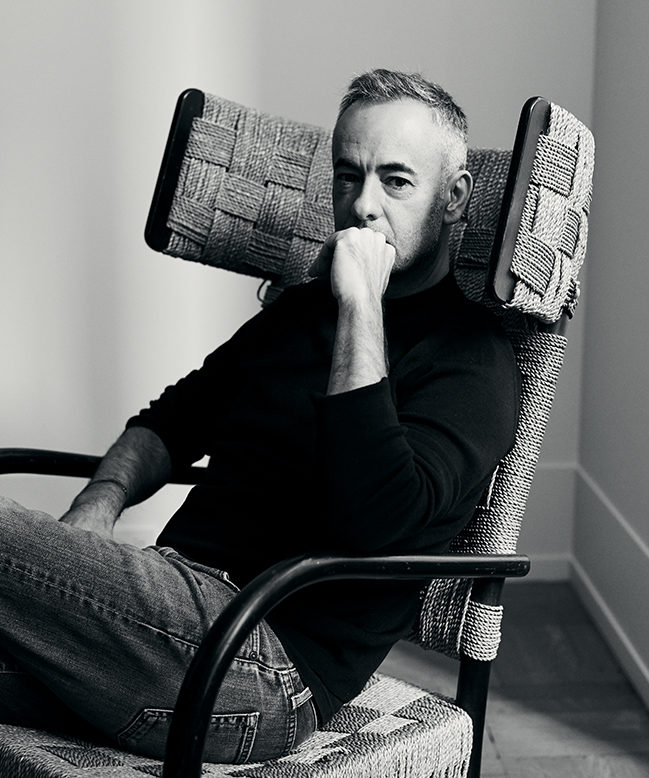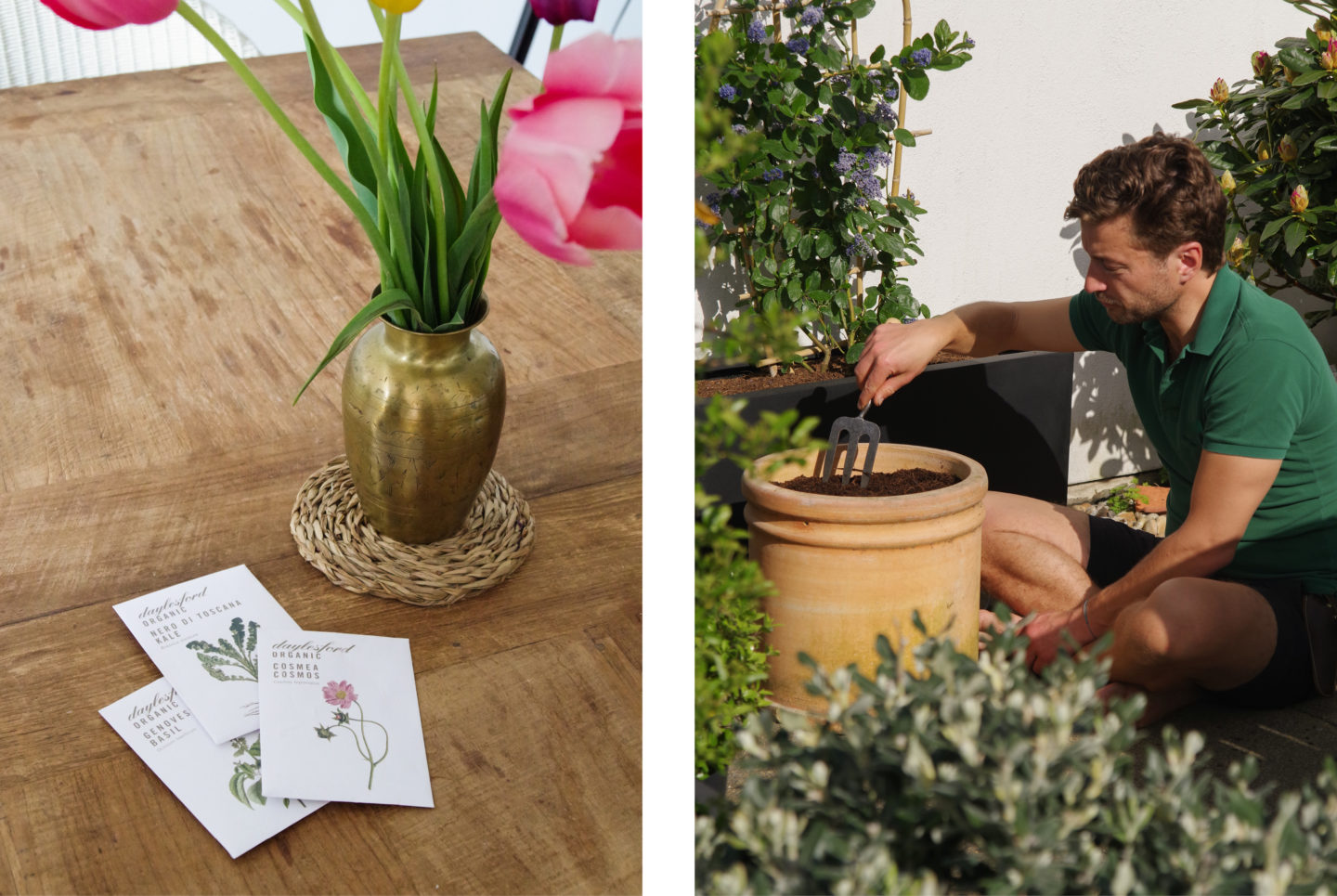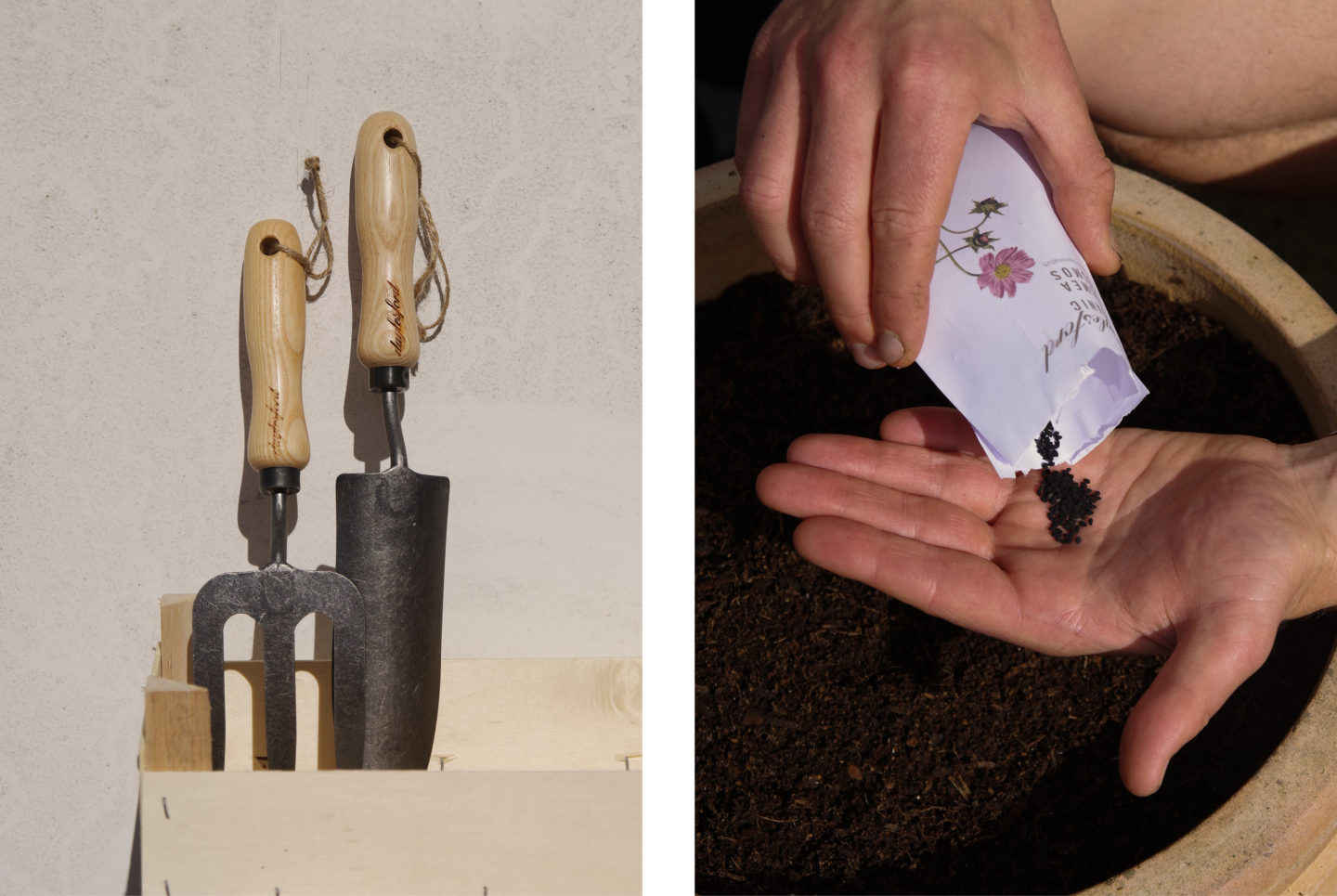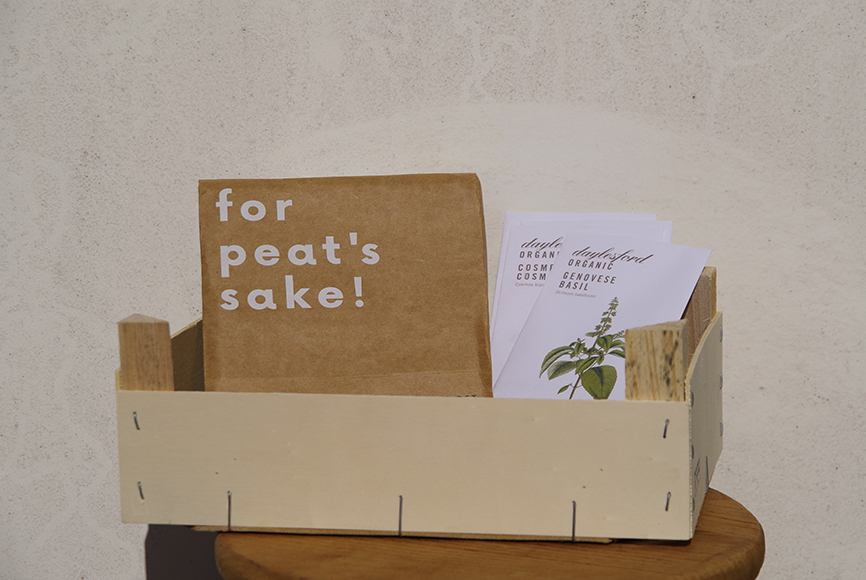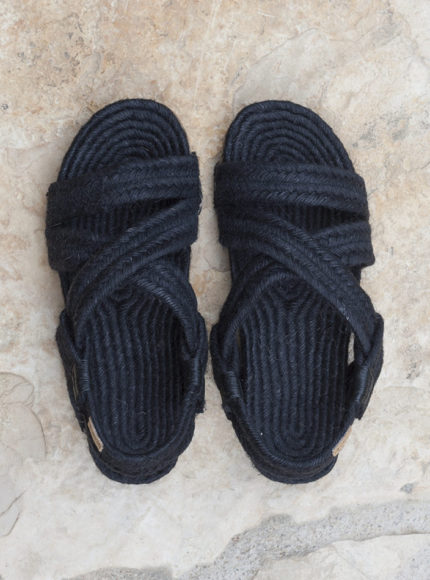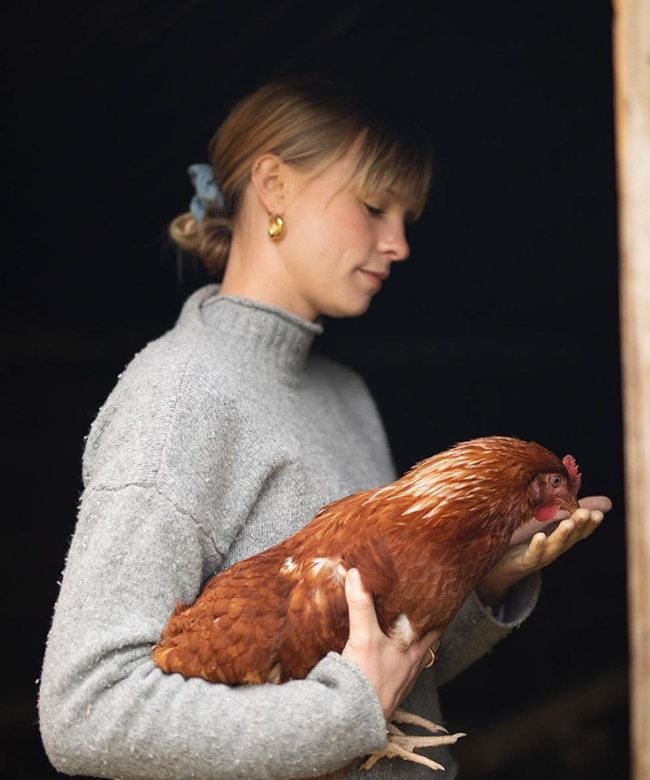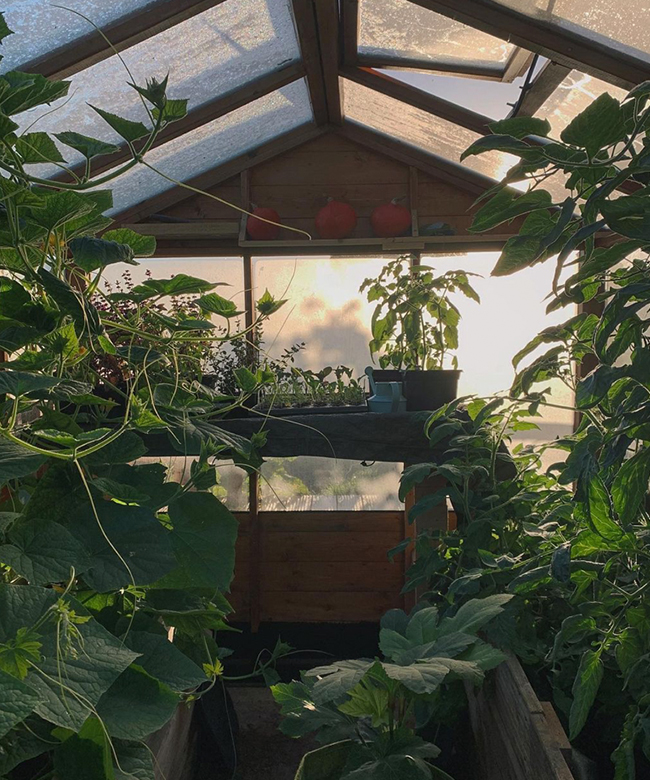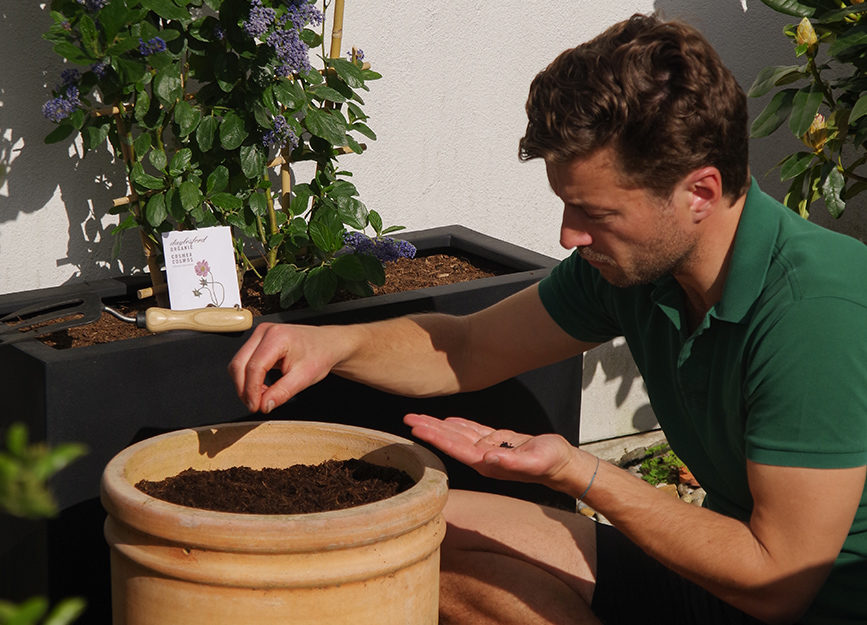

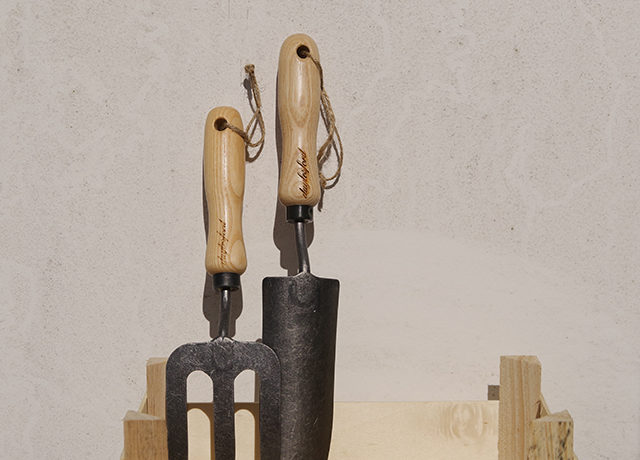

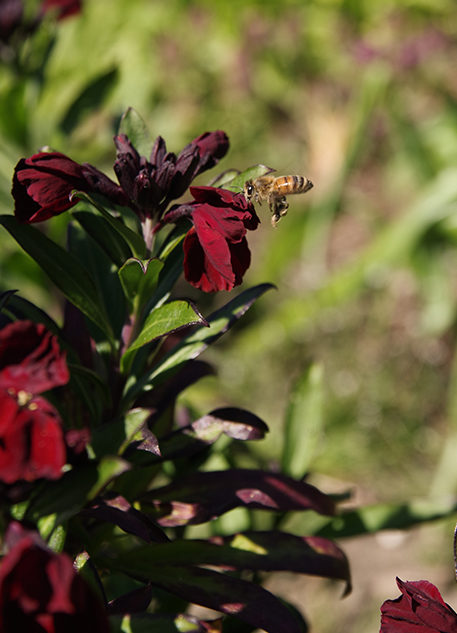

Food & Garden
How to Create a Bee Friendly Garden in the City with Daylesford
To welcome the arrival of summer 2021, we at REV are championing how to do some DIY wildlife gardening and are very excited to be teamed up with the recently launched Daylesford Organic Garden to showcase not only the beauty, but also the ease of Wildlife friendly gardening. Today we walk you through how to create a mini haven for wildlife gardening even in the smallest or most urban environments. Also how to elevate a pre-existing corner of your patio or terrace garden into an oasis for bees and butterflies in order to help enhance local biodiversity.
Discover Daylesford’s wonderful range of organic and sustainable gardening with an exclusive 10% discount using the code REVEENVERT10 (*only eligible for garden products)!
The crucial role that bees and butterflies have in our ecosystems can not be underestimated, but they urgently need our help.
Our outdoor spaces and gardens hold an integral importance for bees and other pollinators to live and contribute their part to biodiversity.
Providing a green space for the natural world to flourish is something we can all do by simply planting pots of bee friendly plants. By cultivating a good mix of flowering plants in your outdoor space, whatever its size, can provide nesting habitats as well as a wealth of nectar and pollen for a wide range of bee species and take wildlife gardening right to the heart of your garden. Nectar provides bees with a key energy source they need to fly and find a nest and live, while pollen provides the little bee grubs with the protein required for their development.
Very sadly, as a consequence of our ceaseless environmental loss the collapse of biodiversity continues at an alarming pace. As a result, the numbers of bees are decreasing both here in the UK and globally – the crucial role these little creatures have in our ecosystems can not be underestimated. However, help is at hand to try to reverse the fortunes of these integral bees! By making small additions to our outdoor spaces through planting up containers or planters with bee friendly flowers and plants that bloom throughout the year such as herbs (like borage, mint or lavender) and shrubs (like hedging or fruit trees).
However, one has to bear in mind that while many of the flowers available for purchase may look pretty, make sure you choose the right kind of organic plants and flowers (Daylesford’s range is a great starting point, look for its organic bee friendly seed packets) in order to keep toxic pesticides out of our ecosystems. An easy tip for which plant to choose is looking for those that have single open flowers or are easily accessible for insects (think of foxgloves or honeysuckle- where the middle of the flower is open and is navigable for the bees to reach the nectar and pollen easily).
Discover Daylesford’s wonderful range of organic gardening with an exclusive 10% discount using the code REVEENVERT10 at checkout (*only eligible for garden products)!
Creating a wildlife garden with Daylesford couldn't be simpler.
All you need is a pot or container, peat free compost (more on why we need to avoid peat later!) and a few packets of their bee friendly flower seeds, which will create nature friendly blooms and also look gorgeous.
We filled a terra cotta pot with peat free compost and in it planted a selection of the organic Daylesford seeds [cosmos, cornflower and phacelia] – these 3 will make a wonderful tapestry of colour throughout the summer and create a real cottage garden feel. The cosmos seeds I have selected are a single open flowers variety – where the middle of the flower is open and is navigable for the bees to reach the nectar and pollen easily. Once planted, make sure you lightly water the seeds regularly and place in a good sun spot.
We hope we’ve inspired you to create your own pot of enchanting flowers which will be full of nectar loaded flowers throughout the summer, encouraging frequent visits from friendly bees!
A great tip for choosing plants for the bees is to look for those that have single open flowers or are easily accessible for insects.
Useful resources!
Head to the Daylesford Organic Garden shop, where you can buy bee friendly seeds, tools and containers to create your most beautiful bee friendly wildlife flower gardens this summer.
We love this book: A Practical Guide to Creating a Paradise for Pollinators
The Soil Association is a great place to learn about how we can help bees.














